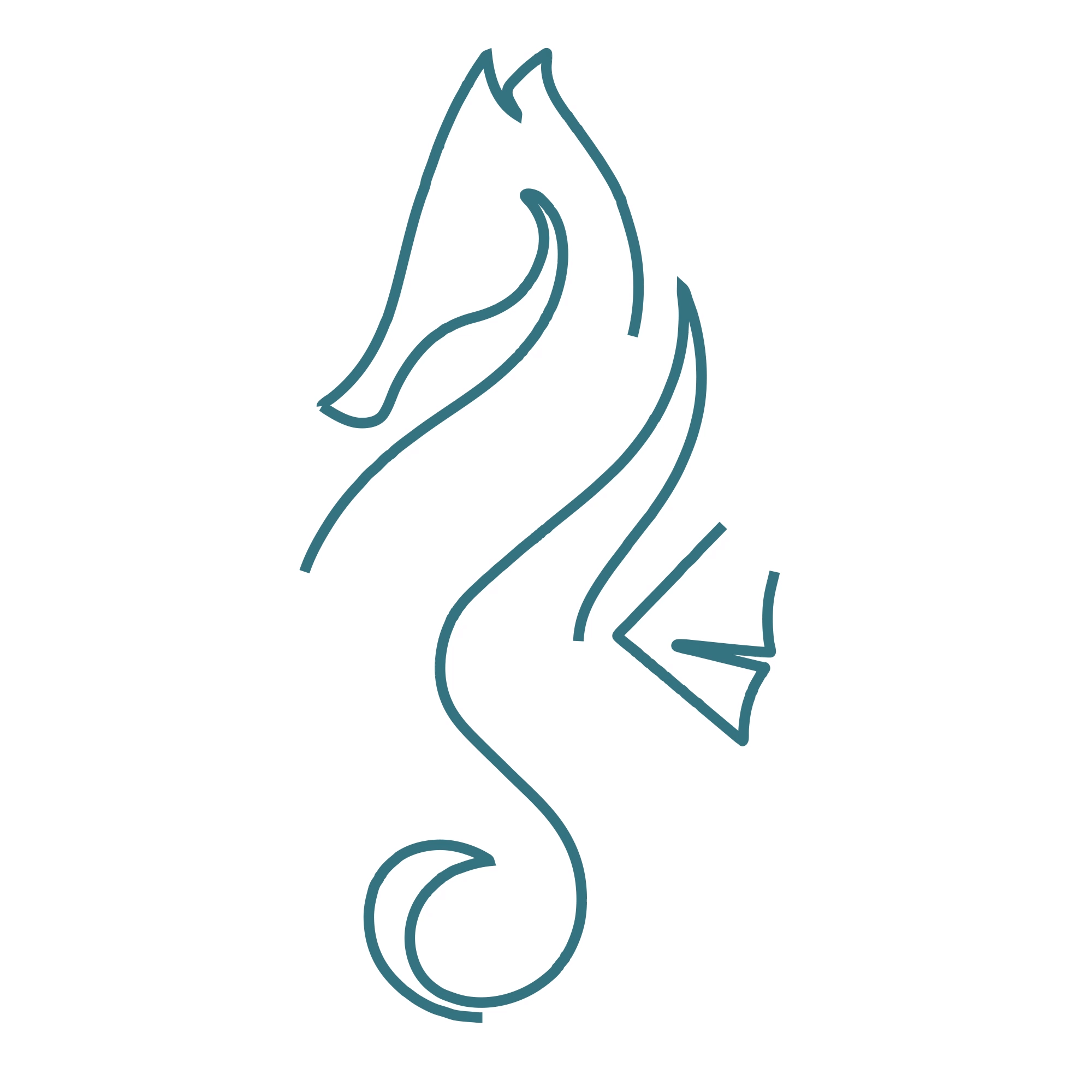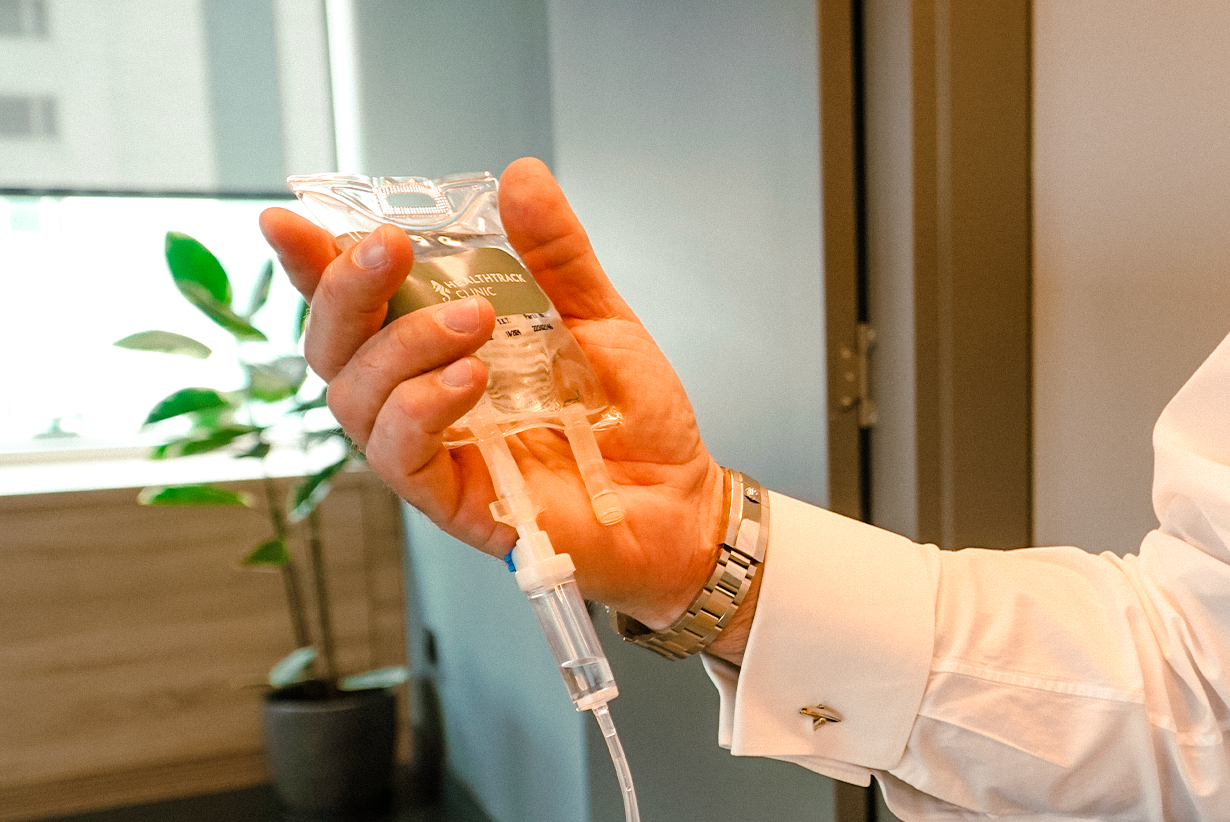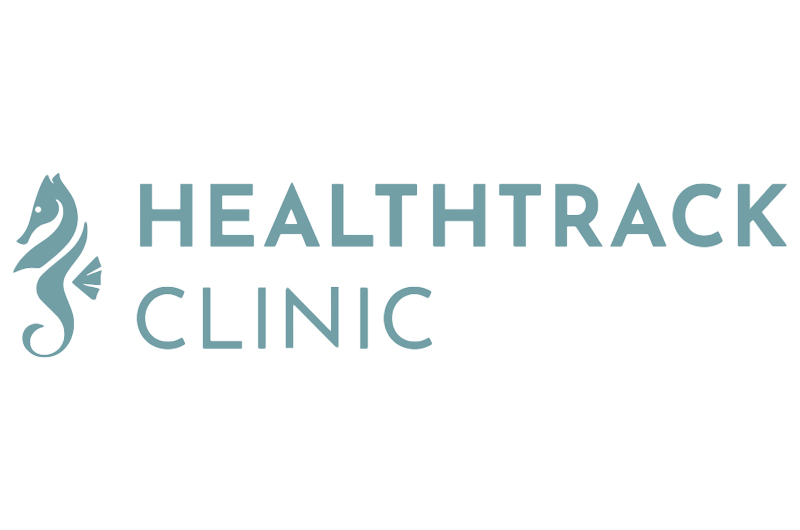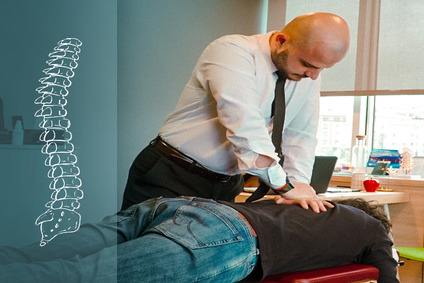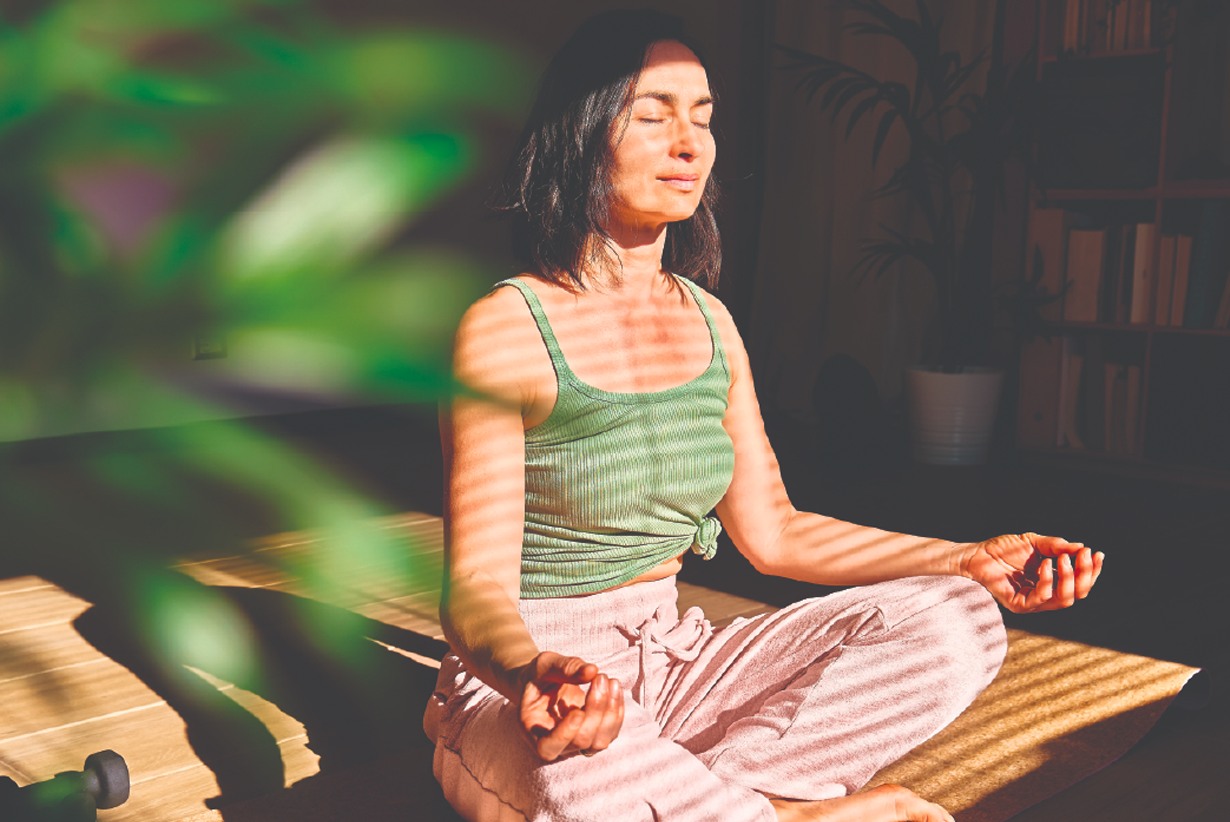Homeos (benzer) ve Pathos (hastalık) kelimelerinin bir araya gelmesinden oluşan Homeopati; herkesi bireysel kimliği, iş hayatı ve bireysel doğal çevresi ile değerlendirirken insanın tüm iyileşme potansiyellerine sahip olduğunu kabul eder. 1773-1843 yılları arasında yaşamış olan toksikolog ve kimyager Samuel Haneman, homeopatinin kurucusu olarak kabul edilmektedir. Haneman yıllarca sürdürdüğü çalışmaları sonrasında edindiği deneyimler sonucunda, benzer semptomlara neden olan bazı maddelerin çok küçük dozlarının iyileştirici etkiye sahip olduğunu gözlemlemiştir.
MÖ 4. yüzyılda yaşamış olan Hipokrat, hastalığa neden olan şeylerin aynı zamanda iyileştirebileceğini söylemiştir. Hipokrat, bu temel düşünceyle sonsuz küçük dozlarda beyaz veratrum (beyaz çöpleme) bitkisini kullanarak kolera hastalığını tedavi etmiştir. Aslında, bu bitkinin ölçülebilir düzeydeki dozları kolera benzeri semptomlara neden olmaktadır. Homeopati uzmanları, arı sokmaları sonrasında oluşan döküntülerin tedavisinde arı toksinini sonsuz seyreltik dozlarda vererek tedavi uygulamaktadır. Aynı şekilde, arı toksininin sonsuz seyreltilmiş formlarıyla benzer döküntülerin de tedavisi mümkün olmaktadır. Yine aynı ilaç, yanma ve kaşıntı belirtileri olan cilt lezyonlarında da etkili olmaktadır. Homeopatide benzer ve sonsuz küçük doz ilkesi ile birlikte kişiselleştirilmiş yaklaşım hedeflenmektedir. Fiziksel, ruhsal ve zihinsel tüm bireysel özelliklerle birlikte bireysel hastalık eğilimleri ve kalıtsal yatkınlıkları da hastalıkların gelişimi ve bu hastalık semptomlarının tedavisinde etkili olmaktadır. Haneman’ın homeopati ile ilgili ilk yayınlarından ancak 200 yüzyıl sonra homeopatiye ilgi gösterilmeye başlanmıştır. Homeopati uygulamaları günümüzde giderek yaygınlaşmaktadır. Özellikle Avrupa’da birçok ülkede homeopati uygulamaları, sosyal güvenlik kurumları tarafından geri ödeme kapsamındadır. Fransa’da ilaçların %50’si homeopati ilaçlarından oluşmaktadır. Homeopatide kullanılan ilaçlar çok etkili olmalarıyla birlikte, hiçbir yan etkiye sahip değillerdir. Aynı zamanda kontrendikasyonları da yoktur. Homeopatik ilaçlar hamilelerde, bebeklerde ve çocuklarda kullanılabildiği gibi organ yetersizliği olan bireylerde de güvenle kullanılabilmektedir. Allopatik ilaçlar semptomların baskılanması ilkesiyle etkili olurken, homeopatik ilaçlar sahip olduğumuz iyileşme potansiyelimizi aktive eder. İngiltere kraliyet ailesinin bile yan etkisi olmayan homeopati ilaçlarını tercih etmeleri bir tesadüf değildir. Ortopedi ve travmatolojide oldukça yaygın olarak homeopati ilaçları kullanılmaktadır. Fransa milli futbol takımının doktoru bir homeopattır. Homeopati ilaçları genellikle granül, globül ve sıvı olarak üretilir. Homeopati yaklaşımı hem akut, hem de kronik hastalıklarda etkili olur. Homeopati, bağışıklık sisteminin düzenlenmesini hedeflemesi nedeniyle insan hayatının tüm dönemlerinde güvenle kullanılabilir. Bu yöntemin; demir eksikiliği anemisi, hiperaktivite, irritable barsak sendromu, astım, kemoterapi ve radyoterapi komplikasyonlarının tedavisinde etkili olduğu bir çok bilimsel çalışmayla da kanıtlanmıştır. Homeopatinin tamamlayıcı ve alternatif bir tedavi yöntemi olarak yaygın kullanıldığı hastalıkları şöyle sıralayabiliriz:
- Solunumla ilgili hastalıklar
- Gastrointestinal sistemle ilgili hastalıklar
- Gebelik ve doğum sonrası şikayetleri
- Romatolojik şikayetler
- Kas hastalıkları
- Cilt hastalıkları
- Kronik yorgunluk
- Hormon dengesizlikleri
- Migren ve diğer baş ağrıları
- Menapoz dönemi şikayetleri
